Inquiry chair agrees to seek government agreement that evidence should not be used in future prosecutions
The chair of the Grenfell Tower inquiry has delayed proceedings for at least more two weeks so that the attorney general can decide whether evidence from witnesses should be used in future prosecutions.
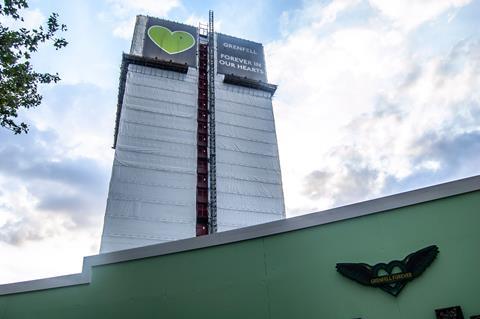
Martin Moore-Bick said he had agreed to the request from individuals working for companies on the Grenfell refurbishment project which clad the tower in flammable plastic panels. They are seeking “protection from self-incrimination” – a form of immunity from prosecution – over any evidence that they may give to the inquiry.
Those requesting the undertaking include individuals from architect Studio E, contractor Rydon and cladding installer Osborne Berry. Their lawyers say that without the protection they might have to invoke their right not to self-incriminate and refuse to answer questions.
Moore-Bick said: “We shall write to the attorney general immediately asking him to grant an undertaking … [and] shall impress on him the urgency of the matter.” A statement issued by the inquiry said that hearings will not now resume until February 24 – at the earliest. A further adjournment may be required, said a statement from the inquiry’s press office.
The chair said he had concluded that ”it will not be possible for the inquiry properly to fulfil its terms of reference if witnesses do not have an assurance that the answers they give to questions will not be used in furtherance of criminal proceedings against them”.
He added: “Without an undertaking of the kind described above it is very likely that witnesses who were involved in the procurement and design of the refurbishment, the choice of materials and the execution of the work will claim privilege against self-incrimination.”
The requested undertaking would not grant total immunity from prosecution but would simply give witnesses assurance that evidence would not in itself be used to further any future prosecution.
If the undertaking is not granted, witnesses have the right to refuse to answer any question which they fear may incriminate them.
As well as employees of Rydon and Studio E, Moore-Bick said that Grenfell landlord the Kensington & Chelsea Tenant Management Organisation (KCTMO), John Hoban, a former employee in Kensington & Chelsea’s building control department and Kevin Lamb, an independent draftsman who was engaged as a subcontractor by cladding specialist Harley, had supported the application.
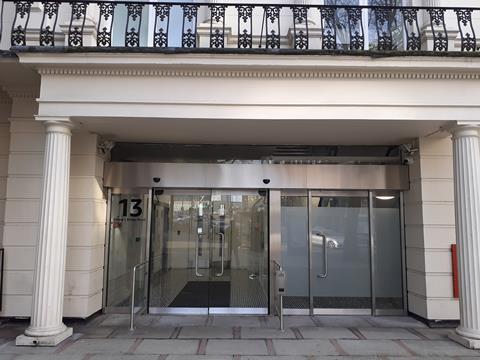
Speaking on their behalf, QC Jonathan Laidlaw had said that the undertaking would allow witnesses to speak frankly to the inquiry.
However, the application has been vigorously opposed by two of the three groups of bereaved survivors and relatives of the tragedy. They said that all involved had a duty to come forward and tell the truth, whatever the prospect of prosecution.
The application, made at the last minute, showed a complete disregard for the feelings of those who had been affected by the fire, they said.
What does the undertaking mean?
The inquiry secretariat issued the following expainer.
Does the undertaking afford immunity from prosecution?
No. The undertaking that has been sought does not grant immunity from prosecution and does not have that effect.
Prosecutions can still be brought, but any oral evidence given to the Inquiry by a witness subject to the undertaking cannot be used to decide to bring a prosecution of that person or in evidence against them. Any prosecution would therefore have to be supported by other evidence.
The undertaking does not apply to any statements or documents already in (or yet to come into) the possession of the Inquiry and it does not prevent the prosecuting authorities from making use of answers given by one witness in furtherance of a prosecution of another.
What is the ‘Privilege against Self-Incrimination’?
Section 22(1) of the Inquiries Act 2005 provides that a person may not be required to give, produce or provide any evidence or document if
(a) he could not be required to do so if the proceedings of the inquiry were civil proceedings in a court in the relevant part of the United Kingdom
This section refers to the giving of evidence in civil proceedings, which is governed by the Civil Evidence Act 1968. The 1968 Act provides a rule against self-incrimination in civil legal proceedings in the UK at section 14.
If the undertaking is not granted, witnesses have the right to refuse to answer any question which may incriminate them.
Source: Grenfell Tower Inquiry



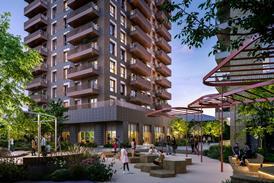
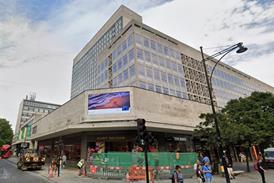
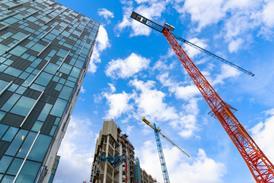










1 Readers' comment